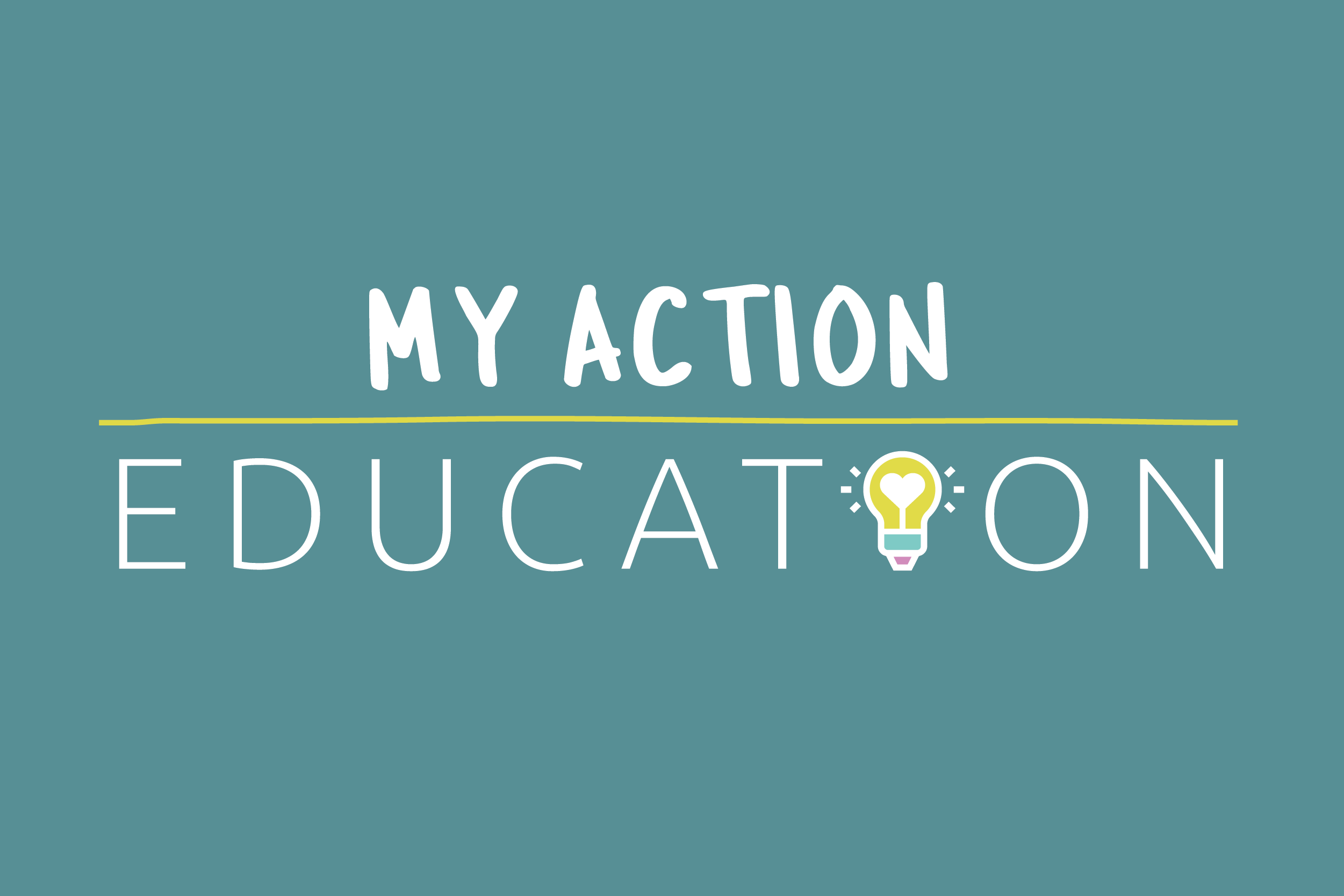What is it?
Heart dysfunction can occur when the heart is not squeezing or relaxing normally, and sometimes there are no symptoms. A child may develop “heart failure” (HF) when they develop cardiac signs and symptoms such as difficulty breathing, poor appetite or vomiting. In children, a wide variety of conditions, including congenital heart disease, may result in abnormal or damaged heart muscle leading to heart dysfunction and possibly heart failure.
Who does it affect?
Heart failure is a complicated condition and can affect people of all ages. Symptoms can range from mild to severe and may look different based on age.
How is ACTION helping?
We bring healthcare experts, patients, caregivers, researchers, and industry members to work together to harmonize care practices, develop new care models, educate patients, caregivers, and providers and to ultimately improve HF patient outcomes.
Our HF registry allows us to continue to learn from all heart failure patients. This data informs our projects including but not limited to, standardizing the up-titration of medications, clinical team communication, and patient informed planning processes. We are also working on using real world data to get medicines to children.
Learn more about our Heart Failure Projects.
Who is ACTION working with on this?
We are collaborating with Children’s Cardiomyopathy Foundation, Enduring Hearts, Transplant Families, Cardiac Networks United, Pediatric Heart Transplant Society, among others.


